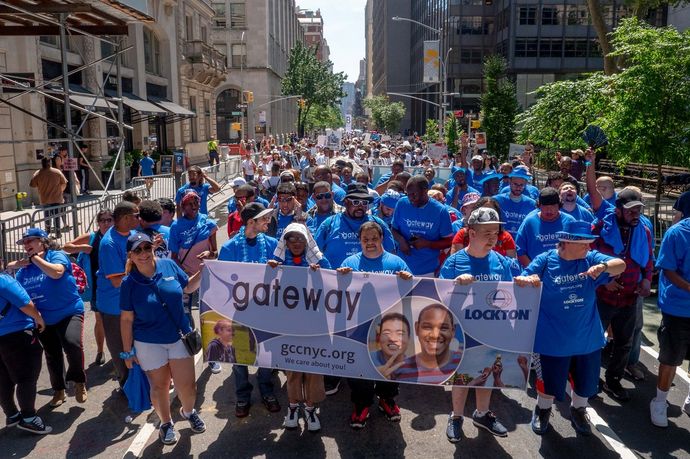Social inclusion ensures that individuals with developmental disabilities can actively participate in society. It promotes dignity, equal opportunities, and a sense of belonging. An OPWDD service provider plays a crucial role in supporting inclusion by offering specialized programs that help individuals integrate into their communities, develop essential skills, and build meaningful relationships. These centers not only provide support but also advocate for broader societal acceptance and accessibility.
Community Engagement and Social Development
Centers for people with developmental disabilities implement structured programs that encourage active participation in community life. They organize local events, group outings, and volunteer opportunities that allow individuals to contribute meaningfully while fostering confidence and independence. Collaborations with businesses and nonprofits expand access to employment, education, and recreational activities, promoting a well-rounded and fulfilling life.
Social skills training is another vital aspect of inclusion. Programs focus on communication, emotional regulation, and relationship-building, helping individuals navigate social interactions with greater ease. Peer mentorship programs further support this development, providing guidance and encouragement from experienced mentors who foster meaningful connections.
Expanding Educational and Cultural Opportunities
Inclusive education is key to long-term independence and self-confidence. Centers provide adaptive learning tools, assistive technologies, and tailored teaching methods to ensure that individuals receive an education suited to their needs. They also engage in public awareness initiatives, educating communities on the importance of inclusion and breaking down misconceptions about developmental disabilities.
Cultural and recreational programs further enhance integration. Inclusive sports, art exhibitions, and music festivals allow individuals to express themselves creatively and interact with the broader community. Public awareness campaigns also play a significant role in shifting perceptions and fostering a more accepting society.
Encouraging Independence and Advocacy
Self-advocacy and independent living programs empower individuals to take control of their lives, fostering confidence and self-sufficiency. Centers teach essential life skills, such as financial literacy, employment readiness, and personal decision-making, equipping individuals with the tools needed for independent living. They also provide mentorship programs and peer support groups to reinforce these skills in real-world settings. Additionally, individuals are encouraged to participate in community decision-making and policy discussions, ensuring their voices are heard in matters that directly impact their lives. By striking a balance between autonomy and necessary support, these programs help individuals navigate daily challenges while building long-term independence.
Supporting Families and Overcoming Barriers
Families and caregivers play a crucial role in fostering social inclusion, offering emotional and practical support that enhances an individual’s quality of life. Centers provide training, educational workshops, and peer-led support networks to equip families with the knowledge and tools needed to advocate for their loved ones. Beyond direct family support, advocacy efforts aim to dismantle barriers—whether physical, societal, or legislative—by promoting accessible public spaces, workplace accommodations, and inclusive policies. Through collaboration with policymakers, community organizations, and businesses, these initiatives work to create a society where individuals with developmental disabilities have equal access to education, employment, healthcare, and social participation.
Final Thoughts
Centers for people with developmental disabilities are essential in fostering social inclusion. Through structured programs, skill development, advocacy, and community engagement, they create pathways for individuals to lead independent, fulfilling lives. By addressing barriers and promoting acceptance, these centers contribute to a society that values diversity and inclusion, ensuring that everyone has the opportunity to thrive.







Leave a Reply